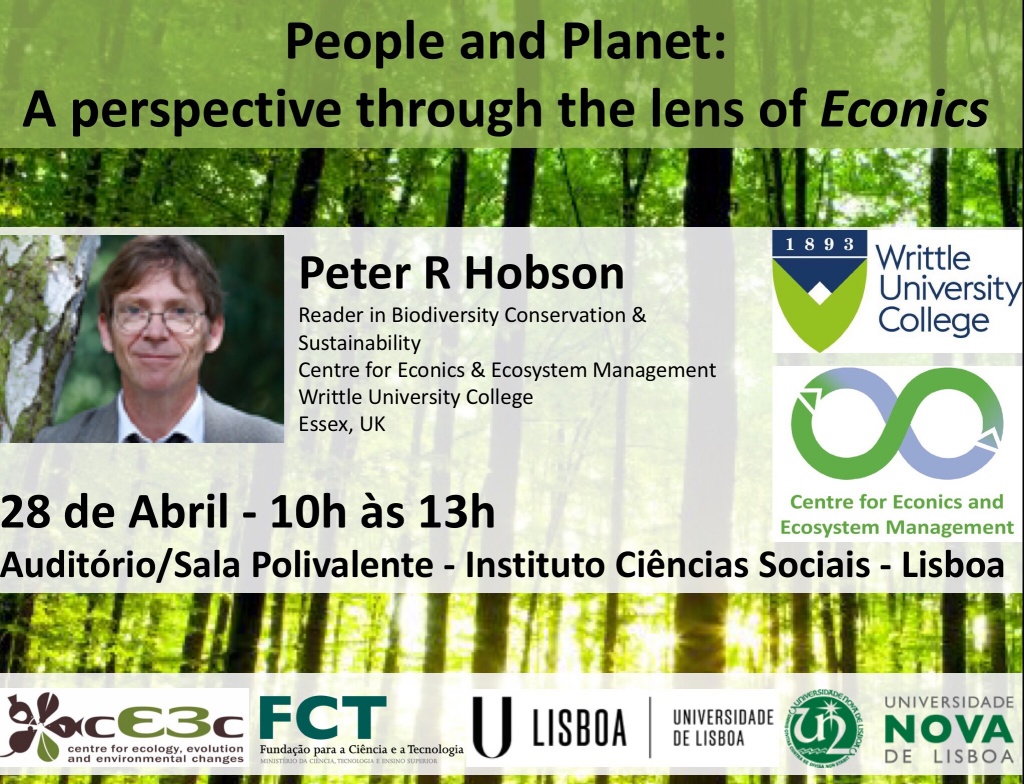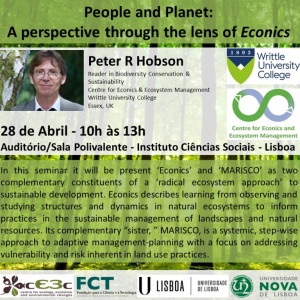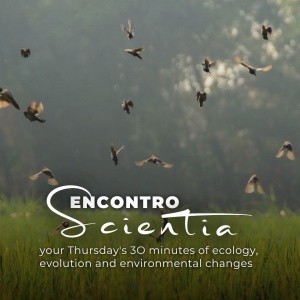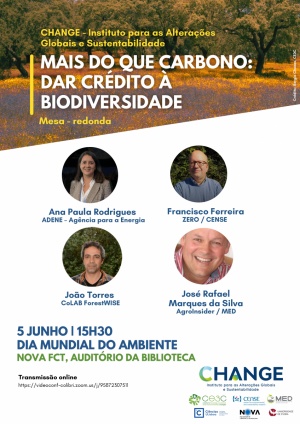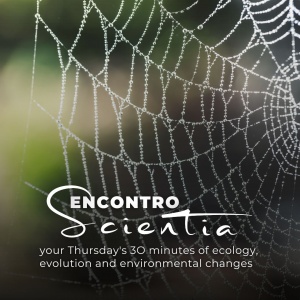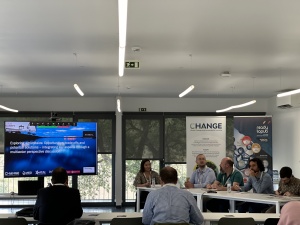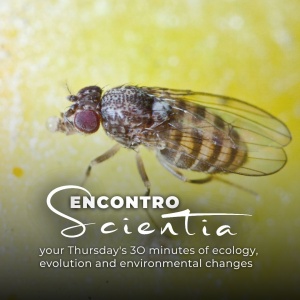People and Planet: A perspective through the lens of Econics
Peter R. Hobson (Writtle University College, Essex, UK)
The principle drivers of ecosystem degradation at local and planetary scales include climate change and the continual growth in human demands that force regime shifts in nature as well as socio-economic and political baselines. Whilst science encourages society to accept change, losses and gains as an integral part of the natural world it struggles to understand or predict the complex interactions and emergent properties manifest in the human – nature relationship. The altered state and conditions of ecosystems at multiple scales generate increasing Volatility, Uncertainty, Complexity and Ambiguity, the VUCA concept, which challenge policy-makers and practitioners working on strategies for sustainable development. In the main, the management of land-based resources continues to work with prescriptive and deterministic models framed by specifically defined objectives and desired outcomes. In such cases it is unusual to encounter attempts to build in much needed flexibility and adaptability to buffer and respond to likely fast changes, which can lead to the complete failure of efforts. In 2000, the Convention on Biological Diversity (CBD), introduced the principles of the ecosystem-based approach, and adaptive management as alternative models equipped to deal with problems inherent in complex and dynamic systems, and better suited to working in conditions where there is knowledge deficit. The success of the programme has been very limited and inconsistent, largely due to failures in implementation and translation from principles to practice. What is called for is a unifying framework of theory and practice that captures and interprets the ‘laws’ and scientific concepts behind the complexity of ecosystems, and translates them into the language of adaptive management. There are several models and tool-kits such as Open Standards for the Practice of Conservation that operate to adaptive management practices but do not present the theoretical baseline of understanding. In this paper we present ‘Econics’ and ‘MARISCO’ as two complementary constituents of a ‘radical ecosystem approach’ to sustainable development. Econics describes learning from observing and studying structures and dynamics in natural ecosystems to inform practices in the sustainable management of landscapes and natural resources. Its complementary “sister, ” MARISCO, is a systemic, step-wise approach to adaptive management-planning with a focus on addressing vulnerability and risk inherent in land use practices.
Friday, April 28th, 2017
Auditorium/"Sala Polivalente" - Instituto Ciências Sociais, ULisboa
Nota: O seminário é organizado no âmbito do Programa Doutoral em Alterações Climáticas e Políticas de Desenvolvimento Sustentável, iniciativa conjunta da Universidade de Lisboa e da Universidade Nova de Lisboa.
About Peter R. Hobson (taken from his website):
15 years in higher education, before that worked in industry – forestry commission and RSPB. Over the last 13 years served as course manager for various undergraduate and postgraduate programmes in conservation management. In 2006 wrote and launched the current MSc in Conservation Management U Global Change. In 2011 established the Centre for Econics and Ecosystem Management with Co-Director Professor Pierre Ibisch from Eberswalde University, Germany. Through the Centre involved in high profile international conservation across the globe – Central America, Korea, south east Europe, Asia Minor. Continue to serve as scientific advisor on various UK agency committees (FC and Environment Agency), as well as the European Conservation Biology Policy Group, and Wild Europe Committee.

